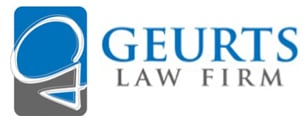Workplaces should be places of respect and professionalism. Most employees follow this office etiquette, but there can be instances where some may not. When certain comments transition from simple office dialogue to causing discomfort, it’s a signal that microaggressions may be at play.
Understanding these microaggressions and knowing how to address them is crucial for employees’ well-being.
Defining microaggressions and their examples
Microaggressions are subtle, often unintentional actions or comments. While these may seem harmless or complimentary, they can actually convey bias or prejudice. These remarks can be directed at individuals based on their race, gender, orientation or any other marginalized identity.
Microaggressions can take various forms, such as:
- A dismissive gesture
- An offhand comment
- An unconscious bias subtly communicated during everyday interactions
For instance, a coworker might compliment a Hispanic employee on their English. This could imply that people of Hispanic origin typically don’t speak the English language well. Similarly, a manager might consistently assign less challenging tasks to a female team member. It might be because the manager subconsciously thinks she cannot handle complex assignments.
These behaviors demonstrate disrespect. By law, they constitute a form of workplace discrimination.
Taking a legal approach
If an employee is experiencing microaggressions at work, they should certainly address the issue. Microaggressions can be challenging to prove. However, a consistent pattern can lead to a claim under federal or California state law.
Employees should document each incident in detail. The statement should include the date, time, location, people involved and what the aggressor said or did. They should also report these incidents to their immediate supervisor or HR department. But if the behavior continues, consulting with an attorney could be beneficial. They can help determine if there is a valid claim and guide the employee through the legal process of filing with the Department of Fair Employment and Housing (DFEH)
Remember, no one should have to endure microaggressions at work. Understanding what they are and how to address them legally is vital to creating a more inclusive and respectful workplace.
